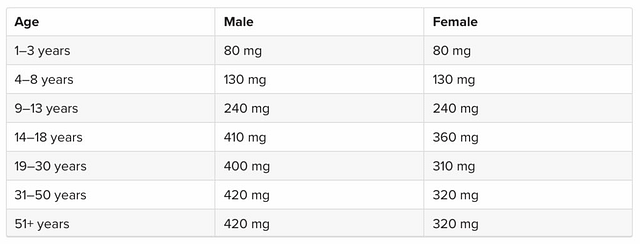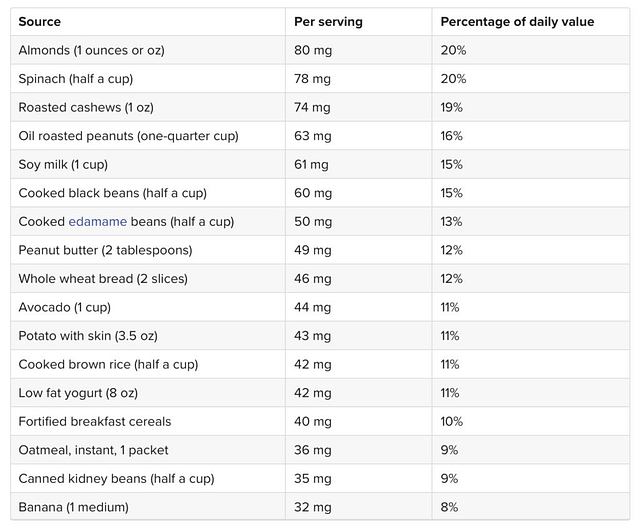Supplements for Immune Support
I know it’s still summer, but the fall and winter months are creeping close. Now is the time to put a supplement regimen in place to support a healthy immune system for cold and flu season and beyond.

With 8 people in our household, once a virus comes through our door, it’s likely to stick around a while. I believe that the best way to avoid contracting and spreading an illness is to proactively create a strong immune system. Over the course of several years, my family has gone through testing to optimize vitamin and hormone levels. What we found was what many will find. We were all deficient in important vitamins and my husband and I found that out hormones and thyroids were wildly out of range for a healthy individual. We first focused on our thyroid and hormone issues for ourselves and began giving our kids the supplementation that they needed. I like to read about products from people who have actually used them, so I thought I would share what is working for us.
Supplements
There is much debate on what supplements to take, when to take them, who should and shouldn’t take them and what to take them for. I am not a doctor, so I highly recommend that if you are going to start a new supplement treatment that you speak with your doctor so that they can inform you of any possible medication interactions or reasons why you, as an individual, should or should not take something.
In my pill case:
When the temperatures drop and the kids go back to school or we are exposed to something, we add in zinc, elderberry, and echinacea. Elderberry and Echinacea should be consumed for shorter periods. That is why we choose to save those for the times we expect to need a boost. Echinacea jump-starts the immune system and elderberry and zinc help boost the immune system once you are infected with something.
Historically, I have been low on Vitamins D and B, based on blood work over a number of years. And it’s not just me. These two vitamins are on the top of the list that people tend to be deficient in.
Vitamin D is a nutrient that we consume and also a hormone that our body produces. Vitamin D is essential for bone health because it helps our bodies use calcium efficiently. Still, research has begun to show that Vitamin D deficiency has been linked to other conditions like death from cardiovascular disease, cognitive impairment, asthma, and cancer. So many of us are deficient because we may not have consumed enough over time through animal-based products such as eggs and milk. We are also absorbing less sunlight through our skin which our bodies use to create vitamin D.
Vitamin B12 is needed to make red blood cells. Without enough blood cells, a person could become anemic. It can also be discovered in someone who is not anemic – that’s me luckily. There are also many other physical, neurological and psychological symptoms of B12 deficiency.
Vitamin C is an antioxidant which helps to remove unwanted Reactive Oxidative Species from the body. It also helps the body to produce collagen, L-carnitine, and some neurotransmitters and absorb iron efficiently. It is known to be an immune booster and to excel in wound healing. Unfortunately, our bodies don’t make C, so we must consume it through fruits and veggies or supplementation.
Garlic has been used for its benefits for thousands of years. There is evidence that the Ancient Egyptians and Chinese used garlic as medicine. The benefits range from shortening and preventing the common cold and flu viruses, lowering cholesterol, reducing blood pressure, preventing Alzheimer’s, increasing athletic performance, detoxing from heavy metals and improving bone health. Not only do we take a daily supplement, but since garlic is so beneficial and tastes great, we eat lots of it in our meals.
Magnesium plays an integral role in the function of our brains and bodies. Did you know that those of us with ADHD are often deficient in Magnesium? Studies have shown that supplementing with Magnesium increases anxiety and depression symptoms, increases attention and focus, increases task completion, and decreases hyperactivity and aggressive behavior. Magnesium is also essential for muscle maintenance. This includes the heart which is linked to reduced stroke and cardiac events. Magnesium affects neurotransmitters and blood vessel constriction, making it an important supplement for headache and migraine sufferers. This is my primary reason for taking it daily. When I take Magnesium regularly, I experience a noticeable decrease in the number of headaches and migraines.
Check out these charts that I found. All credit for this information goes to Medical News Today.
Dosage by Age

Food Sources of Magnesium

Fish oil is the fatty oil taken from the tissue of fish such as Mackerel, Herring, Tuna, and Anchovies. The main types of omega-3s in fish oil are eicosapentaenoic acid (EPA) and docosahexaenoic acid (DHA), while the type found in plant sources is mainly alpha-linolenic acid (ALA). Our modern diet has replaced a lot of our Omega-3s with other fats and has led to an increase in many diseases. A good fish oil supplement will have a combination of EPA and DHA (unless you prefer the plant-based). One of the main reasons I take Fish Oil is for the benefit of brain health. Your brain is roughly 60% fat and that means it needs to replenish those fats for proper brain function. It has been found to benefit those with mental health disorders. Fish oil is also beneficial for heart health, eye health, skin and bone health, and reduce inflammation overall.
Did you know that there is more bacterial DNA in and on the human body than human DNA? Crazy, right?! We live symbiotically with bacteria 24/7. It’s no wonder supplementing with probiotics has become such a hot topic. Probiotics are beneficial microorganisms that are found naturally in foods and in our bodies. Sometimes, our gut bacteria can become imbalanced. Supplementing with a probiotic adds in “good” bacteria to balance out or kill bacteria that can cause discomfort or illness. Taking a probiotic can improve gut health, digestive health, and mental health, offer immune support, reduce allergies and asthma symptoms, balance blood sugar, improve skin, improve heart health, and more!

What my Children Take to Support their immune Systems
Based on bloodwork and evaluations, we know our kids are low on Vitamin D. But we also decided that a quality multivitamin would be appropriate to help fill the gaps. We also have neurodivergence in our home and we are always on the lookout for products that help with brain function and development. We have 2 teens and 2 preteens which means that based on their sizes and needs they take different supplements.
SmartyPants Kids Multivitamin Gummies: Omega 3 Fish Oil, Vitamin D3, C, B12, B6, Vitamins A, K and Zinc for Immune Support (for our younger children)
Naturelo Whole Foods Multivitamin for Teenage Boys and Girls (for our teens)
Vitamin D3 (yes, we do extra. What is in most multivitamins is not sufficient)
Renew Life Ultimate Flora Kids Probiotic Chewable Tablets
At the first sign of illness, we also use:
Zarbees Elderberry Gummies for Kids
OR
OK, this was a long post, but I really hope that it was informative and helpful. I know that there are likely things that I will add to my regimen or take away over time, but I always find it fascinating to see what others do to stay healthy.
Was this post helpful for you? What do you take that is different?